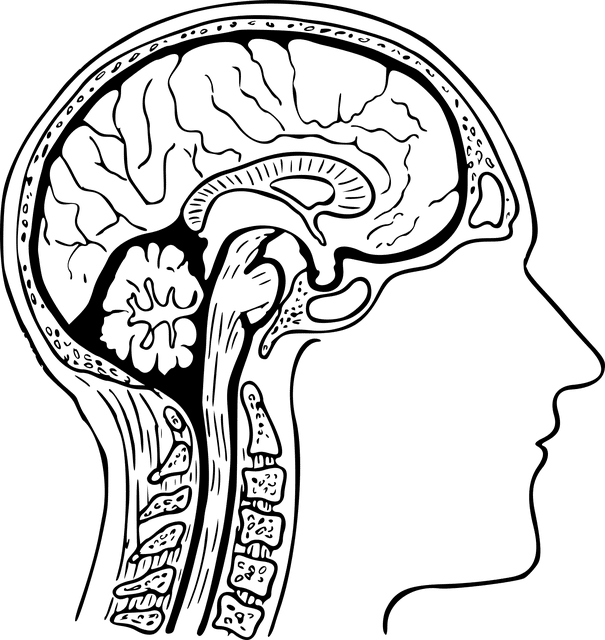What Kinds of Symptoms Are Indicative of Traumatic Brain Injury?

It’s easy to ignore subtle symptoms following an accident. As long as they’re not life-threatening, you might just chalk them up to adrenaline or anxiety and hope they’ll eventually subside. If a traumatic brain injury (TBI) is to blame, though, the symptoms may be likely to persist—and perhaps even worsen over time.
Let’s take a look at the ways in which even a mild TBI might affect you if left unchecked:
1. Cognitive Symptoms
Depending on the location and extent of your TBI, you may experience some combination of the following:
- Difficulty recalling old information;
- Difficulty retaining new information;
- Trouble concentrating;
- Grogginess;
- Disorientation;
- Confusion; and
- Loss of consciousness for a few seconds to a few minutes.
These symptoms can range in severity, but they may not necessarily be immediately apparent. Once they do arise, they may linger for a few weeks to a few months. In cases of severe brain damage, though, the cognitive decline tends to be both sudden and permanent.
2. Emotional Symptoms
A traumatic brain injury can affect your demeanor dramatically. People with TBI are sometimes prone to sadness, irritability, anxiety, and depression. They may also experience sudden mood swings that cause emotional outbursts.
3. Physical Symptoms
Some of the most common physical symptoms of TBI include:
- Headache;
- Nausea or vomiting;
- Fatigue;
- Slurred speech;
- Dizziness;
- Blurred vision;
- Tinnitus;
- Poor coordination;
- Sensitivity to light or sound;
- Paralysis;
- Cerebrospinal fluid dripping from the ears or nose;
- Numbness or tingling;
- Difficulty swallowing;
- Droopy eyelids;
- Facial weakness; and
- Loss of bladder or bowel control.
What Should I Do If I Notice Symptoms of TBI?
If you recognize any of the symptoms listed above, seek medical care as soon as possible. The sooner you receive adequate treatment, the better your prognosis may be.
Prompt intervention is so important, in fact, that it’s advisable to visit a doctor immediately following any kind of accident, even if you feel fine. This will ensure any serious injuries—including those with latent symptoms—are addressed right away, thereby preventing complications.
Once your condition stabilizes, it’s advisable to call a personal injury attorney. If you were hurt through no fault of your own, you may have grounds for a claim. A resourceful lawyer will conduct a thorough investigation into the incident and gather the evidence needed to help you pursue a fair settlement.
Taking action may not be at the top of your to-do list when recovering from traumatic brain injury, but hiring an attorney promptly has a number of benefits. Your legal team will get the opportunity to obtain time-sensitive evidence, for example, before it’s altered or destroyed. They will also ensure you don’t miss any critical filing deadlines.
Discuss Your Case with a Brain Injury Attorney in St. Petersburg, Florida
If you sustained a TBI because someone failed to act with reasonable care, you may be entitled to compensation for the associated medical bills, lost wages, and other damages. To determine the most strategic way to proceed, contact Emerson Straw.
Our resourceful team has recovered more than $27 million in personal injury and wrongful death cases on behalf of our clients. Call (727) 821-1500 or fill out our Contact Form to schedule a free consultation with a brain injury lawyer in St. Petersburg.
